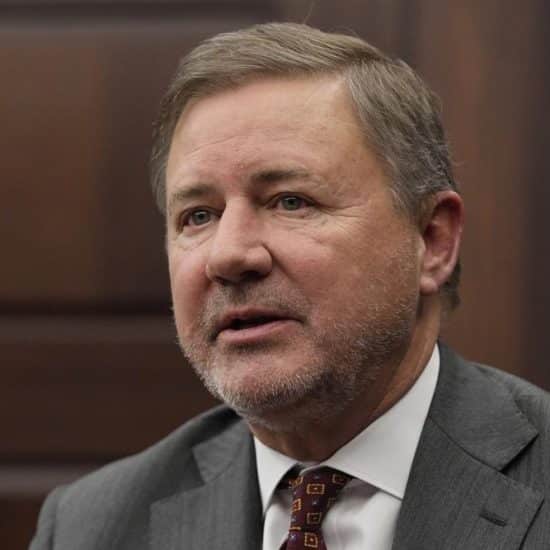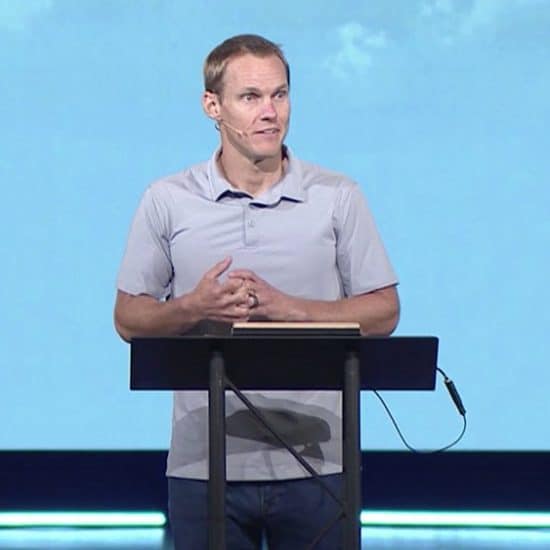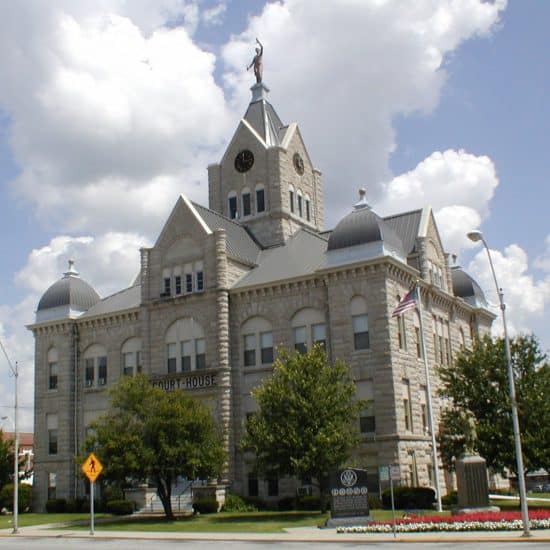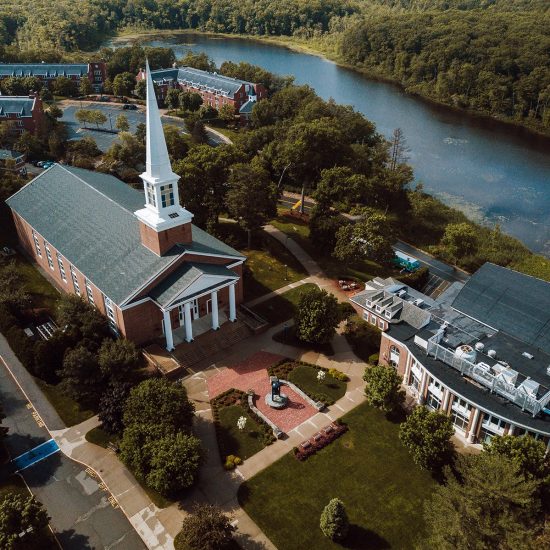JEFFERSON CITY – The Missouri Baptist Convention Executive Board on April 14 gave its unanimous stamp of approval to using Cooperative Program gifts from churches to fund its ongoing litigation against five institutions.
The Executive Board will bring that recommendation to messengers during the MBC annual meeting Oct. 26-28 at First Baptist Church of Raytown in the form of a line item of $468,957 expressly for legal fees in the proposed 2010 MBC Cooperative Program budget of $15.75 million, according to a Pathway report on the Executive Board meeting.
Approval to spend CP dollars on litigation would legitimize what some claim the convention already has been doing — spending CP mission money on lawyers and legal fees to initiate and perpetuate legal action against five institutions. MBC executive director David Tolliver has denied any CP funds to date have gone to pay legal fees.
(The Cooperative Program is a channel through which local churches send a portion of their offerings to state conventions, to be divided between ministries of each respective state convention and of the Southern Baptist Convention.)
Since before the MBC launched litigation against five entities in 2002, the MBC and messengers to annual meetings have had an understanding that Cooperative Program gifts from churches would not be used to pay legal fees and court costs to sue other Christians.
The MBC filed charges in August 2002 against The Baptist Home, Missouri Baptist Foundation, Missouri Baptist University, Windermere Baptist Conference Center and Word&Way after the trustees of each amended articles of incorporation in 2000 and 2001 to enable them to elect their own trustees.
MBC attorneys have asked the Missouri Supreme Court to overturn a decision handed down in favor of Windermere by Cole County Judge Richard Callahan and affirmed unanimously by a three-judge panel of the Western District Court of Appeals. At press time, the High Court had not announced if it would hear the case.
At each level thus far, judges have affirmed that Windermere acted legally when it filed an amended charter and bylaws in 2001.
The convention’s case against the other four institutions has been placed on hold until final resolution of the Windermere matter. Judge Richard Callahan has indicated he will try them one at a time.
MBC leaders sold the idea of suing the five entities on a platform that CP funds — or missions money — would not be used to pay lawyer’s fees or other legal costs. But the idea that it should be okay to use CP funds for legal fees began surfacing from the platform and on the the floor of MBC annual meetings soon after the legal action was filed almost seven years ago.
The rationale has been that the five institutions came into being and have been maintained with CP funds, thus it is entirely appropriate to use such gifts from churches to pursue the litigation.
Tolliver stated it this way in his column on the convention’s Web site (www.mobaptist.org ): “The five breakaway agencies/institutions were purchased, built, and otherwise established with CP dollars, and, through the years, they have been maintained with CP dollars. Now the messengers will decide whether or not to utilize CP dollars to preserve the mission and ministry of those same agencies/institutions.”
Tolliver’s predecessor, David Clippard, who was terminated by the Executive Board, repeatedly used the same argument to justify using CP funds.
Randy Comer, pastor of Highview Baptist Church in Chillicothe and chair of the MBC Agency Restoration Group (until recently known as the Legal Task Force) was quoted as saying: “I believe that the five agencies whose trustees voted to break away from our convention are Missouri Baptist Convention Cooperative Program ministries…. We should use CP money to restore these ministries that we have supported through the years if we believe that they were and are MBC Cooperative Program ministries.”
State convention president and Executive Board chair Bruce McCoy is confident messengers and the rank and file will endorse the idea of spending CP funds to pursue the MBC cases against the institutions, according to The Pathway.
“When we get to the salient points of why and what we are doing, folks will get behind this, because it is a righteous cause,” said McCoy, who is pastor of Canaan Baptist Church, St. Louis.
The amount of CP money Missouri Baptists provided to Windermere between 1971-2001 — the 30 years before funds were cut off in 2002 — totaled more than $2.5 million, according to MBC associate executive director Jay Hughes. He said Missouri Baptists have invested about $24.6 million in all five entities during the same period, a figure far more than the amount of legal fees spent thus far, The Pathway said.
Tolliver said he will also help educate Missouri Baptists on the matter. He will embark on several “listening sessions” at a variety of locations throughout the state in an effort to inform messengers and hear their views. Dates for the sessions will be announced soon.
The Executive Board made another unanimous decision with both litigation and Cooperative Program implications.
To keep up with loans related to legal expenses, the Executive Board voted to unencumber from its reserves $500,000 as collateral for securing an additional $500,000 line of credit from a Jefferson City bank, primarily to repay a $346,000 bridge loan secured during the past year in the legal battle.
The convention has successfully built up reserves during the past few years by regularly funding a line item for reserves in its CP budget.
Bill Webb is the editor of Word&Way.





